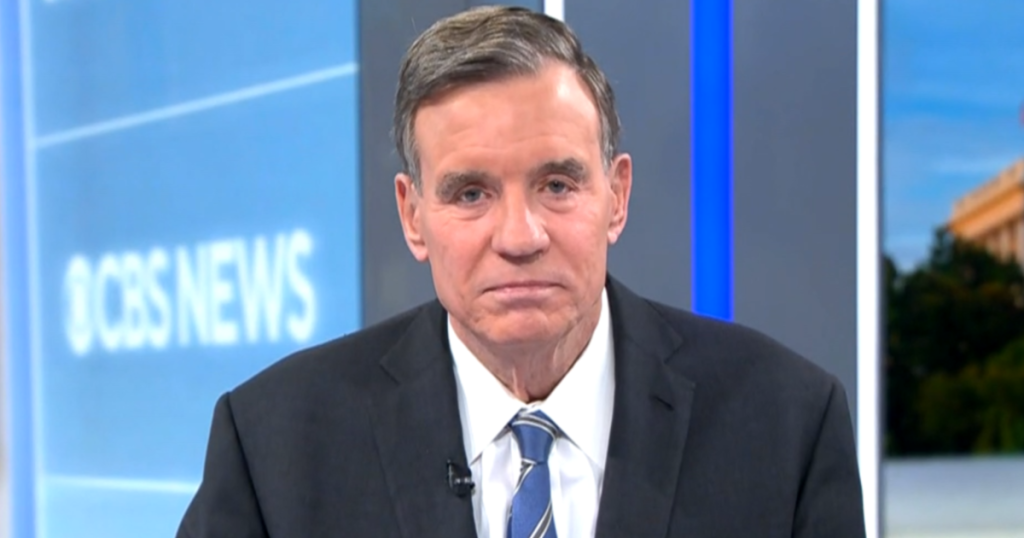Senator Mark Warner, who leads the Senate Intelligence Committee, stated that the possible sale of TikTok after congressional action is complex and could take up to a year to complete. The video-sharing app, owned by a China-based company, has been scrutinized by U.S. officials for years due to concerns about China’s government potentially accessing the data of American users for manipulation or spying. A new push against TikTok on Capitol Hill has gained momentum recently, with concerns raised about its potential risk to national security.
Warner emphasized that giving the Communist Party of China a platform like TikTok, along with access to personal data of 170 million Americans, poses a significant national security threat. The House recently passed a bill as part of a foreign aid package that could lead to the sale or ban of TikTok in the U.S., with overwhelming bipartisan support. This legislation would address various foreign policy priorities, including the concerns surrounding TikTok and its potential risks.
Although a previous bill in the House outlined a shorter timeline for a forced sale of TikTok, it faced challenges in the Senate. However, the Senate is expected to consider the foreign aid package with TikTok provisions in the near future, potentially leading to quicker approval. President Biden has indicated his support for the bill, further increasing the likelihood of its passage. Advocates for TikTok have been lobbying lawmakers to oppose the legislation that could restrict the app, highlighting its creative content and the livelihoods of individuals who rely on the platform.
Warner acknowledged the creativity and economic opportunities that TikTok provides, expressing a desire to ensure that those in control of the app are not connected to the Chinese Communist Party. The debate over TikTok’s future in the U.S. underscores broader concerns about data privacy, national security, and the influence of foreign entities on American technology platforms. As lawmakers navigate this complex issue, they must balance the economic benefits of platforms like TikTok with the potential risks they pose to national interests and security. The outcome of this legislative process will have significant implications for the future of tech regulation and international relations.


